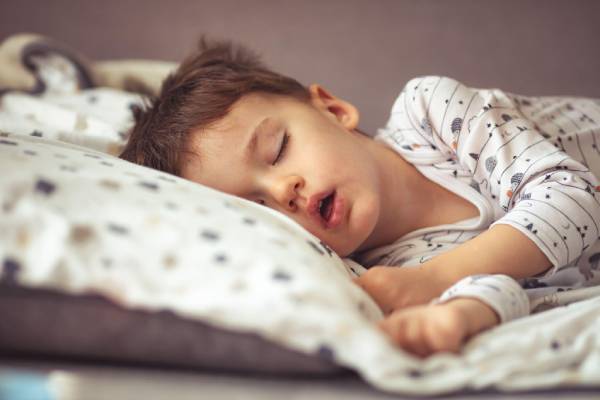Good sleep is as important as homework!
Focusing on sleep hygiene for school-going kids is crucial, as good sleep habits directly affect their physical health, emotional well-being, and academic performance.
Why Sleep Hygiene is Important for School Children:
- Cognitive Functioning: Adequate sleep is essential for memory, concentration, and problem-solving skills, all of which are critical for success in school.
- Physical Health: Sleep strengthens the immune system, helps regulate metabolism, and supports growth and development in children.
- Emotional Regulation: Children who get sufficient sleep are better able to manage emotions and are less prone to irritability, anxiety, or depression.
Ideal Sleep Recommendations by Age:
- Preschoolers (3-5 years): 10-13 hours per night, including naps.
- School-age children (6-12 years): 9-12 hours per night.
- Teenagers (13-18 years): 8-10 hours per night.
Tips for Establishing Good Sleep Hygiene:
- Set a Consistent Bedtime: Ensure children go to bed and wake up at the same time every day, even on weekends. A consistent schedule helps regulate their internal clock.
- Create a Relaxing Bedtime Routine: Engage children in calming activities 30-60 minutes before bed, such as reading, listening to soft music, or taking a warm bath.
- Limit Screen Time Before Bed: The blue light emitted by screens can disrupt melatonin production, making it harder to fall asleep. Limit the use of phones, tablets, and TVs at least an hour before bedtime.
- Optimize the Sleep Environment: Make sure the bedroom is conducive to sleep:
- Dark: Use blackout curtains or an eye mask if necessary.
- Cool: The optimal temperature for sleep is typically between 60-67°F (15-19°C).
- Quiet: White noise machines or fans can help drown out disruptive noises.
- Encourage Physical Activity: Regular exercise during the day can promote better sleep at night, but try to avoid intense physical activity close to bedtime.
- Watch for Sleep Disruptors: Avoid heavy meals, caffeine, and sugary snacks close to bedtime, as these can interfere with sleep.
- Address Stress and Anxiety: Help children manage school-related stress through open communication, mindfulness practices, or journaling, which can help them relax before bed.
Signs of Poor Sleep in School-Going Kids:
- Difficulty waking up in the morning.
- Falling asleep during the day or in class.
- Increased irritability or mood swings.
- Difficulty concentrating or remembering things.
- Decline in academic performance.
Practical Tips for Parents:
- Monitor Sleep Patterns: Keep a sleep diary for your child to track their bedtime habits and identify areas that need improvement.
- Educate on Sleep Importance: Talk to children about the importance of sleep for their health and success in school, making them more likely to prioritize it.
- Gradual Schedule Adjustments: If children’s sleep schedules have shifted during school breaks, adjust their bedtime and wake-up times gradually (by 15-30 minutes per day) to avoid sudden changes when school starts.
Good sleep hygiene is as important as doing homework or preparing a healthy lunch. Ensuring your child gets enough rest is a vital part of their overall health, something that’s supported by the best practices found in an internal medicine hospital in Muharraq.
Dr. Sara Jabbar
Internal Medicine Consultant
KIMSHEALTH Medical Center - Muharraq


